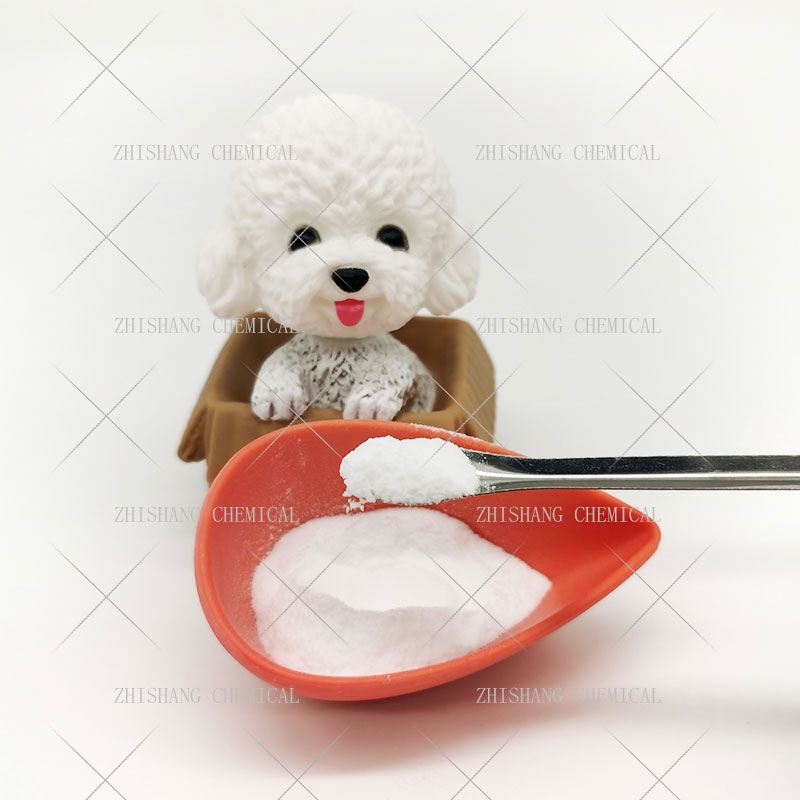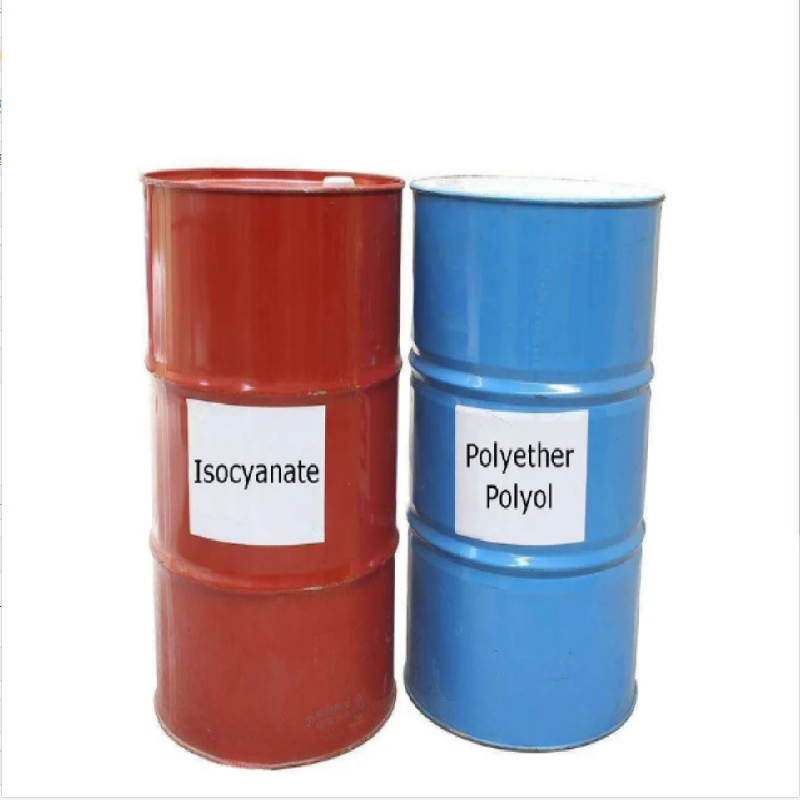-
Categories
-
Pharmaceutical Intermediates
-
Active Pharmaceutical Ingredients
-
Food Additives
- Industrial Coatings
- Agrochemicals
- Dyes and Pigments
- Surfactant
- Flavors and Fragrances
- Chemical Reagents
- Catalyst and Auxiliary
- Natural Products
- Inorganic Chemistry
-
Organic Chemistry
-
Biochemical Engineering
- Analytical Chemistry
-
Cosmetic Ingredient
- Water Treatment Chemical
-
Pharmaceutical Intermediates
Promotion
ECHEMI Mall
Wholesale
Weekly Price
Exhibition
News
-
Trade Service
[China Epoxy Network (China Epoxy Industry Online)October 13, 2010: China leads the world's chemical industry forward.
As of the second quarter of 2010, China’s total economic volume reached US$1.
33 trillion and Japan’s total economic volume was US$1.
28 trillion.
China has surpassed Japan to become the world’s second largest economy after the United States.
A pivotal role in the global chemical industry.
Analysts believe that China will continue to lead the world's chemical industry forward.
The world's major chemical companies are still optimistic about the Chinese market and continue to look for opportunities to increase Chinese investment and expand sales revenue in order to recover from the recession faster.
The World Bank predicts that China's GDP growth rate in 2010 will be 9.
5%.
According to experts from China Epoxy Network/China Epoxy Industry Online ( the two-year economic stimulus plan issued by the Chinese government in 2008 in response to the financial crisis has played an important role in the recovery of the world economy.
It has also led to the growth of China's chemical demand.
According to a KPMG report, the output value of China's petrochemical industry reached 6.
63 trillion yuan in 2009, a year-on-year increase of 0.
3%.
With the full recovery of the economy, China's chemical industry is expected to grow by 13%-15% this year, and industry investment will grow by 15%.
China is still the focus of major European and American chemical companies, and is its main export market and investment location.
BASF is the world's largest chemical company in terms of sales and the first multinational company to enter and invest in China.
According to experts from China Epoxy Net/China Epoxy Industry Online ( BASF’s sales in Greater China have grown at an average annual rate of 20% since 1999, and its sales in China in 2009 Sales of 4.
1 billion euros, accounting for about 10% of the company's global chemical sales.
BASF's goal is to double its sales in China by 2020.
BASF predicts that the Chinese market will grow steadily at an average annual rate of 5% to 6% in the next few years, and China will continue to be the main driving force of the world economy and chemical market.
“China has become the second largest market for Dow’s global sales.
” said Heinz Allais, executive vice president and chief commercial officer of Dow Chemical Company.
“Since 2000, Dow Chemical’s sales revenue in China has increased by an average annual rate of 20%.
" Dow Chemical completed sales of US$3.
7 billion in China in 2009, and has 20 production bases with 3,900 employees.
China has become an important production base for Dow's special materials and functional products.
Akzo Nobel recently announced that it plans to double its sales revenue in China by 2015.
The company achieved sales of US$1.
5 billion in China last year and looks forward to faster growth in the Chinese market in the future.
LANXESS is another multinational company that attaches great importance to the Chinese market, and Greater China has become an important pillar of the company's global strategy.
LANXESS' sales in China last year amounted to approximately 584 million euros (741 million US dollars).
China's sales accounted for 51% of its sales in the Asia-Pacific region and 11.
5% of its total global sales.
As the world's largest synthetic rubber producer, LANXESS hopes to continue to expand the local Chinese market.
According to experts from China Epoxy Net/China Epoxy Industry Online ( the company announced in May last year that it would establish a 50:50 joint venture with TSRC to establish a nitrile rubber plant in Nantong.
, The two companies will invest 50 million US dollars, with an initial production capacity of 30,000 tons/year.
Kejuya is also taking measures to accelerate its business development in China.
Asia currently accounts for 15% of the company's sales revenue, of which China accounts for about half.
"We expect that by 2015, sales in Asia will double, and sales will account for about one-third of the global total.
" said Craig Rogerson, Chairman and CEO of Kozuya.
At the beginning of this year, Kejuya opened an application development center in Nanjing.
In the next few years, it will invest 30-50 million US dollars to expand its business in China.
The investment methods include acquisitions, joint ventures, expansion and new projects.
Japanese companies are also optimistic about China's key role in their development strategies.
Izumi Yamamoto, chief marketing officer and chief representative of Teijin China, said not long ago that the company has identified China as one of its most important markets in the future and plans to increase sales in the Chinese market by 3 to 4 times by 2020.
Teijin Corporation established a wholly-owned subsidiary, Teijin (China) Investment Co.
, Ltd.
, in Shanghai last May to manage its expansion activities in the Chinese market, including possible mergers and acquisitions.
The company also stated that they have set their development goals in China, especially vigorously developing green chemistry and health products.
"In the field of green chemistry, we will develop advanced technologies and materials that promote environmental protection, and we will be committed to the production of high-performance materials, new energy sources, including materials required for solar and wind energy in the automotive, aviation and railway industries.
" Mitsubishi Chemical President Yoshimitsu Kobayashi said , Japanese chemical companies including Mitsubishi Chemical are entering the Chinese market, and Mitsubishi Chemical is entering the compound of purified terephthalic acid, polycarbonate and polypropylene.
Mitsubishi Chemical and Sinopec signed an agreement to establish a business partnership in April last year.
Mitsubishi Chemical and Sinopec are building a joint venture plant in Beijing to produce bisphenol A and polycarbonate, which is expected to be completed in May 2011.
It also plans to double the production capacity of the Suzhou PVC compounding plant by the end of the year.
(Our reporter Shuhuan)
Ben Wang 2007 enable the "Chinese epoxy net" new name retains "China Epoxy Resin Industry online" name
English name: E- .
cn , the Chinese domain name: China Net epoxy .
.
cn .
CN .
China .
cn






